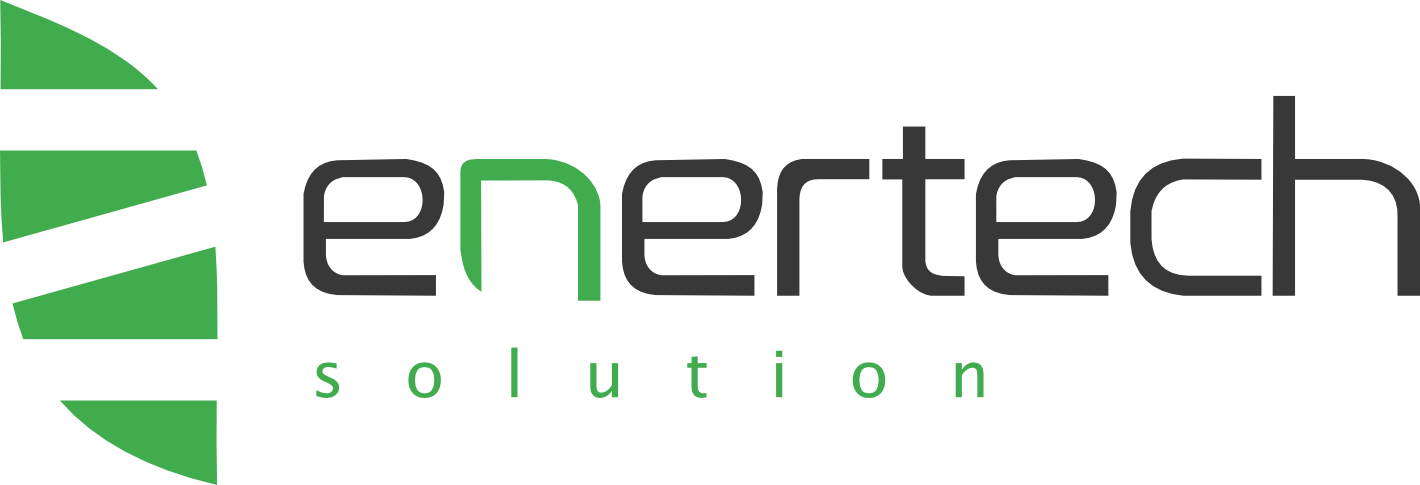Renewable Energy Communities (RECs)
Consulting, studies and evaluations for private companies

A renewable energy community (REC or REC) is a legal entity that allows its members (public entities, companies, businesses or individuals) to produce, consume and share renewable energy. Participation is open to various entities, individuals and businesses and is intended to encourage self-consumption with the aim of producing environmental, economic and social benefits to the communities and territories where the RECs are present. Private companies, provided that participation in the renewable energy community is not their main activity, can be part of it, which brings a number of economic and environmental benefits: savings in utility bills, valorization of the energy produced, tax breaks, and reduction of the environmental impact associated with their activities.
Enertech Solution can follow companies that want to create or join a renewable energy community step by step throughout the process.
To date, Italian regulations on renewable energy communities can be found in Article 42-bis of the Decreto Milleproroghe, converted into Law No. 8/2020 in February 29, 2020. The ERC must consist of consumers, individuals, businesses, public agencies and/or organizations, located in the low-voltage power grid under the same transformer substation. The energy must be supplied by plants powered by renewable sources, with a total capacity not exceeding 200 kW, and users can share it through existing distribution networks and forms of virtual self-consumption. Producers and self-consumers of energy, directly connected to the system, while paying the fixed components of the bill, will see the cost related to variable components reduced to a greater extent the greater the share of energy produced and self-consumed. Other participants in the community, who are not directly connected to the renewable energy plant but contribute to the consumption of that energy, will be able to take advantage of the economic subsidies provided by the GSE to the energy community, namely the valorization of the shared energy through a unit fee and the incentive of the shared energy with a premium tariff. With CERs, it is therefore possible to maximize self-consumption in the community, thereby decreasing transportation costs, system charges, committing only part of the power grid, and reducing the share of energy lost.

The benefits of CER for businesses
Renewable Energy Communities (RECs) offer several benefits to their member entities both as producers and self-consumers of energy and as mere consumers. The most immediate benefit lies in the lower cost of electricity, but the benefits associated with reducing environmental impact, combating energy poverty and developing sharing economy models should not be underestimated either.
The benefits of CER for businesses
Renewable Energy Communities (RECs) offer several benefits to their member entities both as producers and self-consumers of energy and as mere consumers. The most immediate benefit lies in the lower cost of electricity, but the benefits associated with reducing environmental impact, combating energy poverty, and developing sharing economy models should also not be underestimated.
Economic savings
Creating a renewable energy community saves money on utility bills for all participants. The GSE enhances the energy sharing of RECs by recognizing an economic contribution through a unit fee and a premium tariff for 20 years, amounting to €7.78 + €0.59/MWh and €110/MWh respectively for the year 2022. In addition, those who are directly connected to a plant powered by renewable energy sources save money in relation to not taking part of the necessary energy from the grid, which is instead produced and self-consumed directly: the cost of a kWh produced from renewable energy sources, incorporating the costs of installation, maintenance and incentives is always less than or equal to that taken from the grid.
Tackling energy poverty and sharing economy
Energy Communities are also an important tool for mitigating energy poverty. In fact, thanks to these it will be easier to provide for forms of energy solidarity, providing members, including the weakest and those with low incomes, with the possibility of accessing clean energy, because it is produced from renewable sources, and cheaply, while encouraging energy efficiency and energy saving strategies. Renewable energy communities, moreover, are an increasingly concrete example of a sharing economy, an economic model based on the sharing of goods and services, which will increasingly enable us to overcome the current system that produces waste and waste.
Environmental benefits
Renewable Energy Communities (RECs) help reduce environmental impact through the use of renewable energy sources, such as the sun and wind, which do not emit CO2 and other greenhouse gases.
Other services related to consulting, studies and energy assessments for your business
We support companies with various consulting services aimed at analyzing baseline consumption, identifying energy efficiency opportunities, and implementing ad hoc strategies for each context and need. Our team of engineers can help you understand different industry regulations and develop new projects to reduce energy expenditures. Here are the main services we can offer:
Other services related to consulting, studies and energy assessments for your business
We support companies with various consulting services aimed at analyzing baseline consumption, identifying energy efficiency opportunities, and implementing ad hoc strategies for each context and need. Our team of engineers can help you understand different industry regulations and develop new projects to reduce energy expenditures. Here are the main services we can offer:
FAQ
Renewable Energy Communities (RECs)
What is meant by a renewable energy community?
Renewable energy communities consist of a union of consumers who share one or more renewable energy production facilities through a shared energy exchange mechanism. Thus, it is a new model of energy production, distribution, and consumption that promotes the use of renewable sources and aims to reduce energy waste and imbalances on power lines related to the exploitation of random and scattered energy sources across the country.
Who can be part of an energy community?
A Renewable Energy Community (REC) can be composed of private citizens, businesses (provided that participation in the REC is not their predominant commercial or industrial activity), local governments, organizations, institutes and public administrations.
How is it possible to create a renewable energy community?
To form a Renewable Energy Community (REC), it is necessary to establish a legal entity, not for profit, whose purpose is to provide economic, social and environmental benefits to its participants and the area in which it operates. Participation must be open and voluntary, and each member must retain the right of recession and choice, e.g., of his or her own vendor. A renewable energy production system (e.g., a photovoltaic or wind power system) must also be present or installed. The installation costs of new systems are facilitated by tax credits and subsequent incentive tariffs implemented by the GSE.


